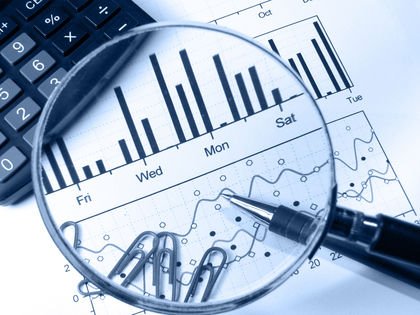Accrual
Accrual accounting is considered to be the standard accounting practice for most companies, with the exception of very small operations. This method provides a more accurate picture of the company's current condition, but its relative complexity makes it more expensive to implement. This is the opposite of cash accounting, which recognises transactions only when there is an exchange of cash.
The need for this method arose out of the increasing complexity of business transactions and a desire for more accurate financial information. Selling on credit and projects that provide revenue streams over a long period of time affect the company's financial condition at the point of the transaction. Therefore, it makes sense that such events should also be reflected on the financial statements during the same reporting period that these transactions occur.
Estimating volatile data
The the cost of utilities such as electricity, gas or water can be volatile debit column entries because of fluctuations in consumption due to seasonal changes or other influences. Apart from obvious changes in summer and winter periods, other factors also play a role. For example, during the Christmas season, a retailer could have peak trading conditions with extended operating hours, while a small factory would most likely experience a quiet period and a slow-down in activity.
The fluctuation in commercial activity would cause a commensurate change in utility consumption and organisations face a daunting task of reconciling under or over-projected utility costs with actual invoiced amounts resulting in unacceptable budget or profit and loss fluctuations.
Accruals based on actual data
The Meteringonline accrual accounting module solves this problem, because accruals are not estimated, but calculated using actual metering data. The accrual module precisely calculates the amount of energy or water consumed since the date of the last utility account using interval data read from the meters. The applicable utility tariff is then applied to the interval data using the Meteringonline Billing Engine providing an accurate accrual amount for each utility. Since the accrual is based on actual data, there is no need for applying statistical approximations.

